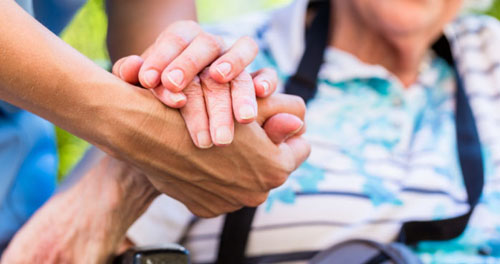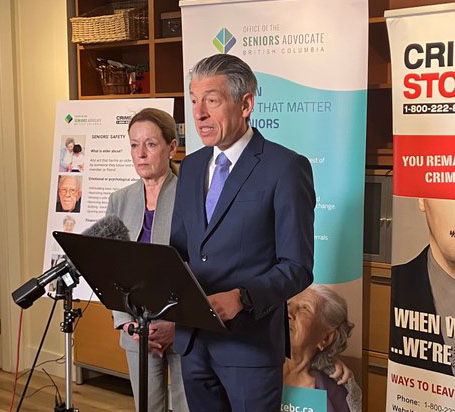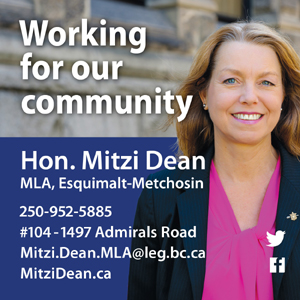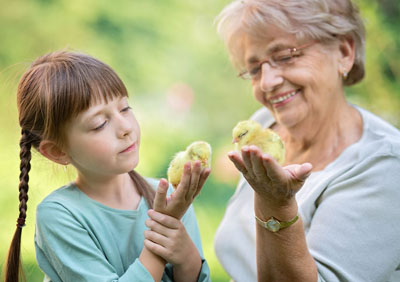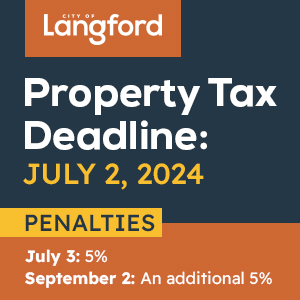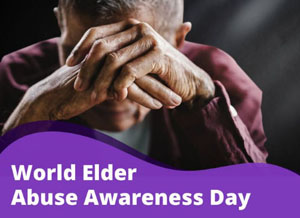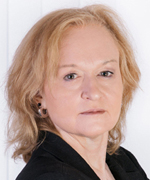Saturday June 15, 2024 | VICTORIA, BC
Socioeconomic analysis by Mary P Brooke, Editor | Island Social Trends
People who are referred to as ‘elders’ can be a wide range of ages.
This week’s political push to bring attention to elder abuse is preliminary, but a good start.
The federal Minister of Labour and Seniors, Seamus O’Regan Jr., and the Minister of Mental Health and Addictions and Associate Minister of Health, Ya’ara Saks, issued a statement for Canada on World Elder Abuse Awareness Day saying it’s about “speaking out against this mistreatment so we can improve the safety and well-being of our parents, grandparents, neighbours and friends”.
“Today, on World Elder Abuse Awareness Day, New Democrats reflect on the contributions made by seniors in our communities and what needs to be done to make sure their right to live in dignity and comfort is respected,” said Vancouver Island MP Rachel Blaney, the federal NDP’s June 14 NDP statement on elder abuse.
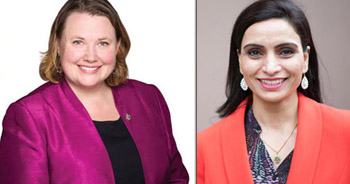
“World Elder Abuse Awareness Day recognizes the abuse of older adults as a serious social issue, and it is an opportunity for us to bring awareness to the dangers of elder abuse and neglect, and to learn more about how we can work together to support seniors,” said the BC Parliamentary Secretary for Seniors’s Services, Harwinder Sandhu.
“June 15th is Elder Abuse Awareness Day in BC and around the globe, and it serves as a reminder for all of us to be vigilant,” said BC Seniors Advocate Dan Levitt in a news statement on June 14.
Complexities:
What is an elder? At what age does Canadian society shift their older persons into that category? When does a senior become an elder?
Some of the key root causes in elder abuse are embedded in attitudes about aging as well as how financial responsibilities are handled within families.
The provincial government assigns funds (e.g. $10.74 million to the BC Association of Community Response Networks to support Community Response Networks and the Council to Reduce Elder Abuse since 2017-18, and $2.8 million to Seniors First BC to operate the seniors abuse and information line since 2017-18). But the work seems unfocussed. Today people are asked to wear purple and to take part in community activities through the BC Association of Community Response Networks and other BC community organizations for World Elder Abuse Awareness Day and Elder Abuse Awareness Month.
“Reporting cases of elder abuse can be a sensitive matter especially if it means reporting family members or friends,” says Levitt. Involving law enforcement in what might be complex interpersonal social family issues is a slippery slope. The whole idea of reporting on people anonymously has not always done well in Canada (think back to the 2015 federal election where the Conservatives proposed a snitch line).
Elder abuse, in part, goes hand in hand with poverty in society as well as misogyny,(both of which stem from continuation of patriarchy as the accepted normal for western cultures). Sometimes the isolation and frailty of senior women is particularly observable.
We might also get a better grip on what elderly means in terms of mobility and overall aging. Not all older people are frail. Many people are active into 80s and 90s (and living to be 100 years old or more), something the provincial governments are particularly aware of in Canada as they will be paying the health-care system bills related to aging.
There is also a cultural aspect to how we view and treat seniors. Some cultural groups in Canada support their elderly parents and grandparents at home in multi-generational arrangements. Other cultural trends are for each family to fend for themselves.
What is elder abuse:
As always, education is the starting point to change any problem that a person, family or community may face. Here is a backgrounder on recognizing elder abuse (as provided by the Office of the BC Seniors Advocate):
Emotional or psychological abuse
- Withholding basic rights and privileges
- Restricting freedom to socialize with others
- Denying a safe secure environment
- Removing decisions making powers
- Bullying – insults, threats, intimidation, yelling, ignoring and isolation.
Financial abuse
- Withholding, misusing, exploiting funds and assets
- Selling property or using funds without the owner’s consent
- Forcing elders to alter a will, or abuse power of attorney.
Physical or sexual abuse and neglect
- Acts of violence and other ways to coerce elderly victims
- Depriving them of life essentials
- Using medication to incapacitate them
- Locking seniors in their homes
- Not providing adequate hygiene or meeting personal care needs.
Recognizing Abuse in Seniors
- Physical signs such as fractures, bruising or burns; unusual patterns/location of injury
- Signs of being unkempt or not well nourished
- History of unexplained accidents or injuries
- Behaviours that provoke fear of violence, isolation or diminish dignity or self-worth
- Lack of money for necessities when income appears to be adequate
- Sudden withdrawal of money; unexplained or forced changes to legal documents such as property titles, wills, powers of attorney or representation agreements
- Excluded from social gatherings, inaccessible to family members or long-term friends
- Being agitated, anxious or fearful of being alone with a specific person
- Change in social patterns, interactions and buying habits.
===== BC GOVERNMENT LINKS:
- Better at Home program, which helps seniors live independently in their own homes.
- Seniors can apply for Better at Home program services by email [info@better@home.ca], or by contacting the provincial office at 604 268-1312.
- Find your local Better at Home community organization
===== ABOUT THE WRITER:
Island Social Trends Editor Mary P Brooke has been doing professional independent journalism on south Vancouver Island through a socioeconomic lens since 2008. She is the mother of four grown children who she raised after divorce.
Mary Brooke is a publisher and business person, and a leader in the regional community (most recently launching the Urban Food Resilience Initiatives Society).
Her publications since 2008 have been archived at the Sooke Region Museum: MapleLine Magazine (2008-2010), Sooke Voice New (2011-2013), West Shore Voice News (2014-2020) and Island Social Trends (2020 to present).
Subscriptions to Island Social Trends are a way to keep independent news alive in BC.


